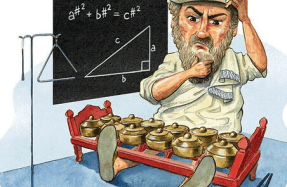Orchestral

Beethoven
Leonore Overture No. 3; Symphony No. 7 in A, Op. 92
Saito Kinen Orchestra/Seiji Ozawa Decca 485 0027 52:50 mins

Released to mark the veteran conductor’s 85th birthday, these 2016/17 live recordings from Seiji Ozawa and the Saito Kinen Orchestra bring meticulous attention to detail to Beethoven’s thrilling Symphony No. 7 and the Leonore Overture No. 3. The playing from the Saito Kinen Orchestra, formed every year for the Seiji Ozawa Festival Matsumoto, is lively, clean, full of joy and orchestral breadth, with rapturous applause at the end.
Beethoven’s Leonore Overture No. 3 is in fact the second version of the overture he wrote for the 1806 revival of his opera Leonore (which later became Fidelio). Dramatically fleshing out the entire opera, including the ending – and here Beethoven realised his narrative error, the reason for subsequent versions – it is neatly played by Ozawa and the Saito Kinen, from the dark confines of the prison cell to the distant off-stage trumpet and the heroic finale.
The composer’s Symphony
No. 7 is given very much the same treatment, the opening movement sprightly and meticulous. This is Beethoven, refined, elegant, sculptural, exciting at times, but lacking depth. Ozawa creates a billowing cloud of lovely, elegant sound, assiduously sculpting the dynamic range, swirling along with beautiful containment – but it is too much so. There is great majesty in the third movement and an appropriate dance-like buoyancy. Wagner called
You’re reading a preview, subscribe to read more.
Start your free 30 days



